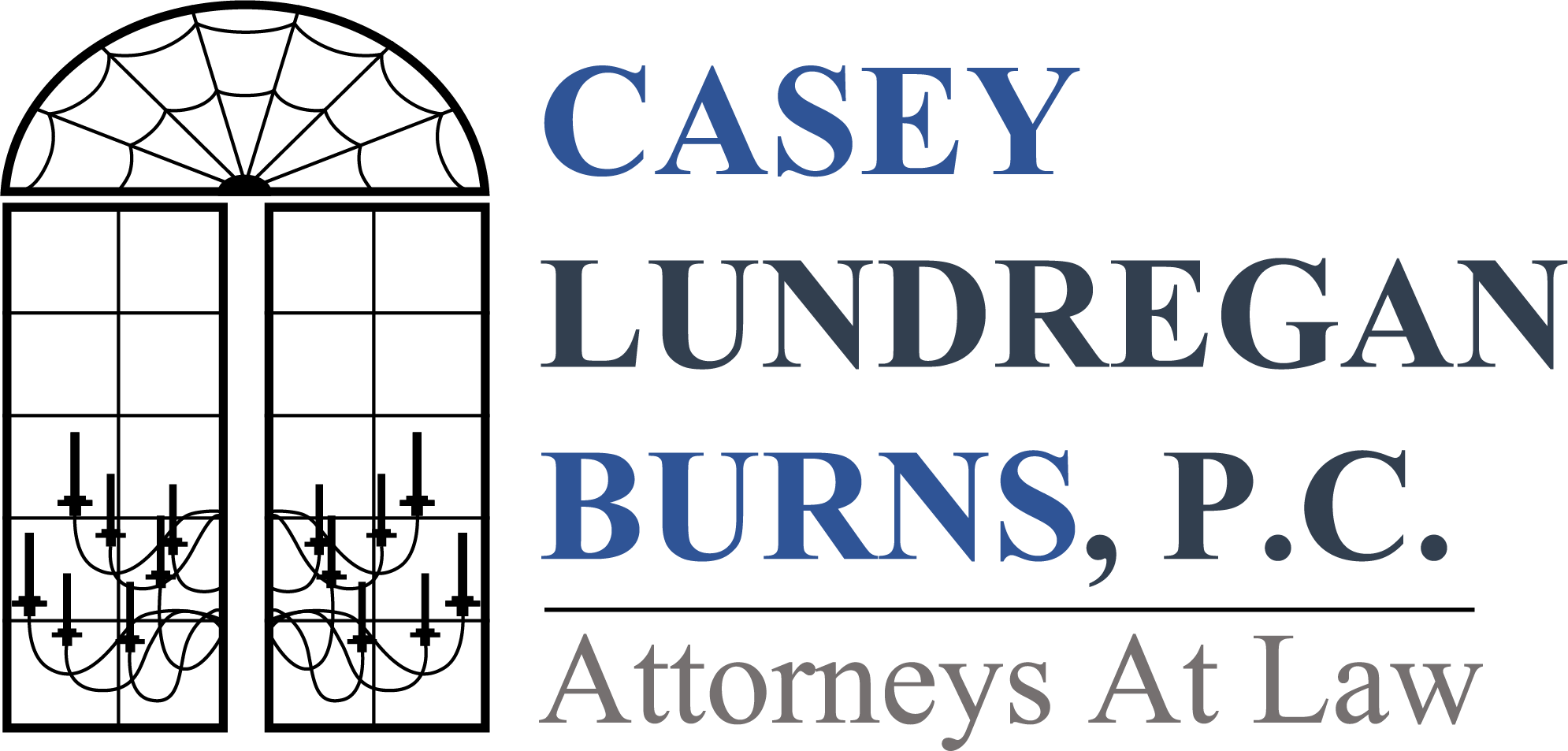Probate can be avoided through various means, but many people don’t realize it. They fail to make estate plans so their assets end up at the mercy of the court.
To make matters worse, probate can take on a life of its own, dragging on for many months or even several years for some estates. A multitude of factors can contribute to a long and drawn-out process, from choosing an inept executor to the nature of a decedent’s assets.
Estates With More Than a Few Beneficiaries
Estates with more than two or three beneficiaries typically take longer to settle through probate because it takes longer to notify each and every beneficiary about what’s going on. And letting them know what’s going on is a legal requirement during administration.
Many documents must also be signed by every beneficiary, and there are invariably one or two who need prodding and more than one or two reminders to return their signed documents to the estate’s attorney or executor of the estate.
When Beneficiaries Live Some Distance Away
Multiple beneficiaries who are spread all across the U.S. will be more difficult to deal with, even with modern technology. The time differences and expensive overnight mail service will definitely take a toll on the estate administration if a beneficiary is located outside of the U.S.
Beneficiaries living at a distance are said to be the No. 1 reason why the probate process sometimes gets held up.
Estates With Assets in Various States
Multiple probate processes can be necessary when a decedent leaves property in more than one state.
For example, a decedent might have lived in Nevada but also owned real estate in California and mineral rights in Oklahoma. This can require that ancillary probates be opened in California and Oklahoma, in addition to the primary proceeding in Nevada.
Juggling additional proceedings generally takes a good bit more time.
Estates That Have to File Estate Tax Returns
Estates that are required to file IRS Form 706, the federal estate tax return, will undoubtedly take longer to administer than estates that don’t have to file such a return. On average, the IRS won’t even begin to process an estate’s Form 706 until three to four months have passed since the return was filed.
An estate that must file Form 706 can’t close until it receives an official, written nod of approval from the Internal Revenue Service.
It can then take another three to four months for an actual person to look at the return. This means that the probate administration will remain in limbo for at least six to eight months while the IRS does what it needs to do.
Another two or three months can go by if there’s a problem with the return and the IRS requests additional information or documentation. Now we’re up to 10 months to a year since the return was initially filed.
An estate might be required to file a state-level estate tax or inheritance tax return even if it isn’t required to file Form 706 at the federal level. This can also delay the probate process.
Estates With Unusual Assets
Estates that own property that’s difficult to value will take longer to probate. Examples include rare collectibles, racehorses, oil or mineral rights, or patents.
An asset that’s difficult to value can dovetail right into the other reason why probate takes so long—the estate has to file an estate tax return. The estate’s executor or administrator and the IRS have been known to have widely divergent opinions of the true value of unique assets for estate tax purposes.
An asset that is highly illiquid can cause the estate to remain open until the asset can be sold. Otherwise, one or more creditors or beneficiaries of the estate might be forced to take over ownership of that undesirable asset.
When Beneficiaries Don’t Get Along
Nothing can drag out the process like a good old-fashioned family feud. The personal representative can be forced to go to court to get permission from the probate judge to perform every little task when beneficiaries don’t get along.
One or more of the beneficiaries will often hire their own attorneys in these situations. Those attorneys will then proceed to question anything and everything, and that invariably brings the probate process to a grinding halt for a while.
It can literally take years for the legal mess to play out and for the validity of the will to be established if the will ends up being contested.
When There Are Too Many Wills
It’s not unheard of for a decedent to leave a last will and testament without stating explicitly in the document that it replaces and revokes any will made prior to that time. Should an heir or beneficiary pop up brandishing another will with better terms, it might not be immediately clear which will should supersede the other.
This will almost certainly result in a will contest so the court can figure it out. Settling the estate could be delayed for a year or more.
The Wrong Executor
Choosing the wrong someone to act as executor can cause the process to drag on and on. Nominating someone who isn’t good with money, who’s disorganized, or who’s just very busy with their job or family can be a recipe for disaster.
This type of person generally won’t be able to handle all the responsibilities and duties that go along with guiding an estate through the probate process and settling it.
The Bottom Line
Unfortunately, many of these reasons are beyond the control of the executor and the probate attorney, if the estate has one. Very little if anything can be done to speed things along in these situations.
Article reference:
https://www.thebalance.com
